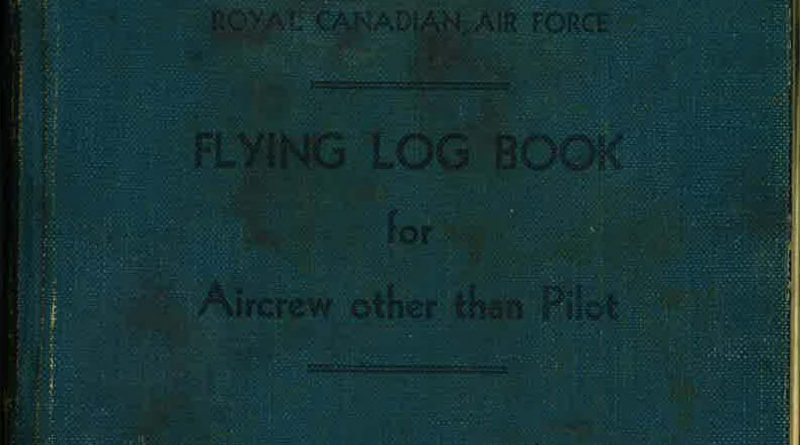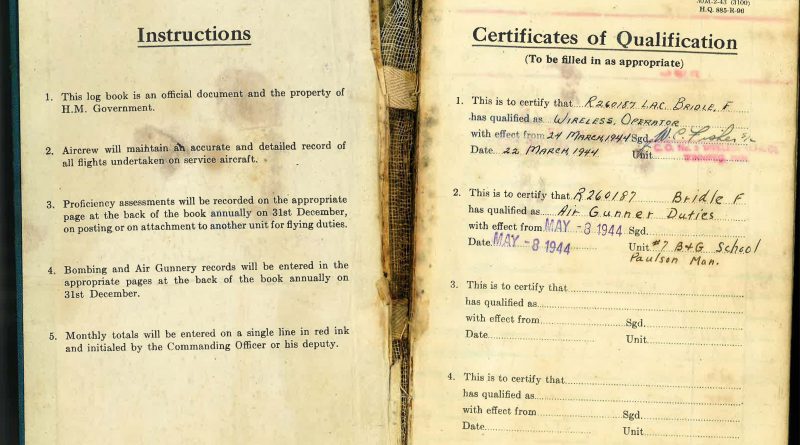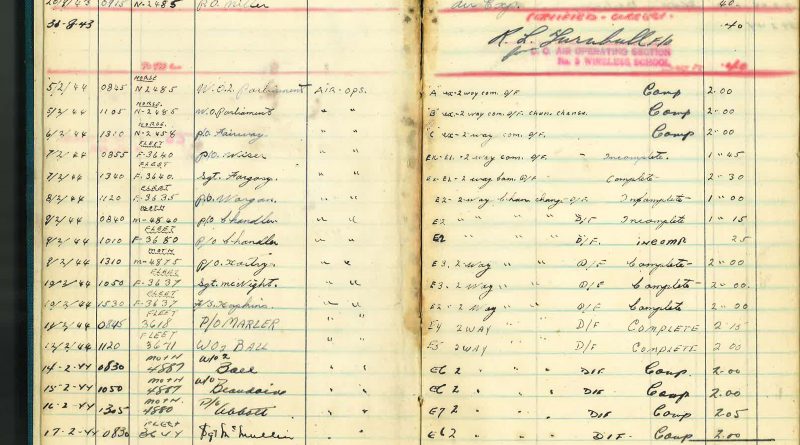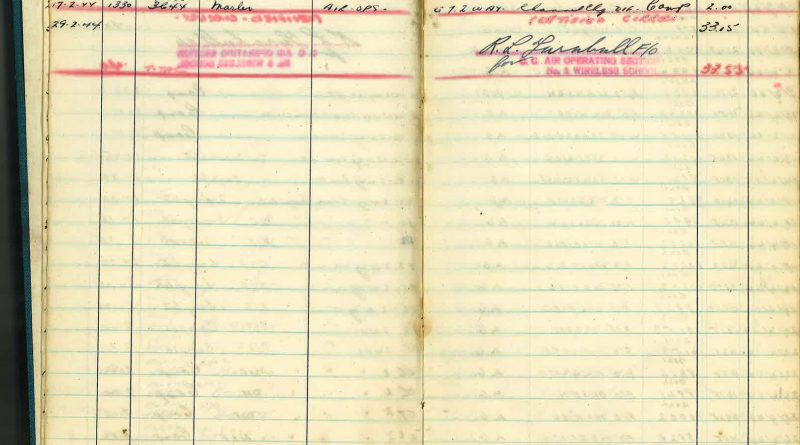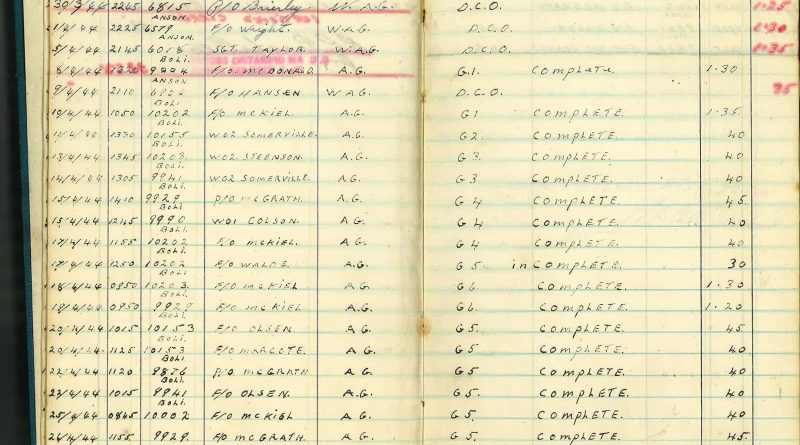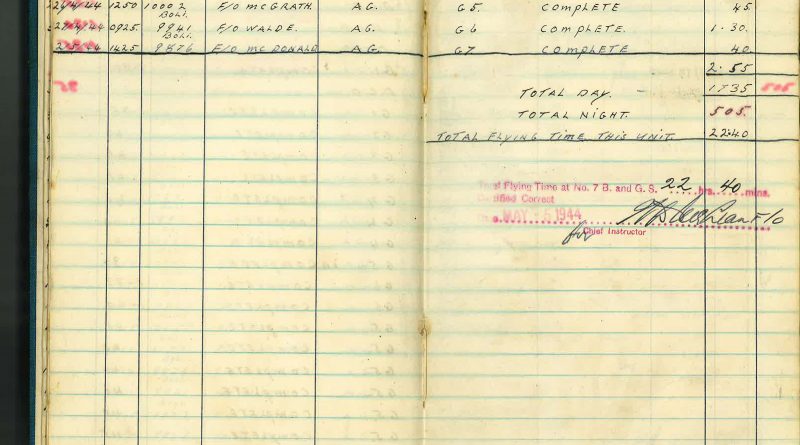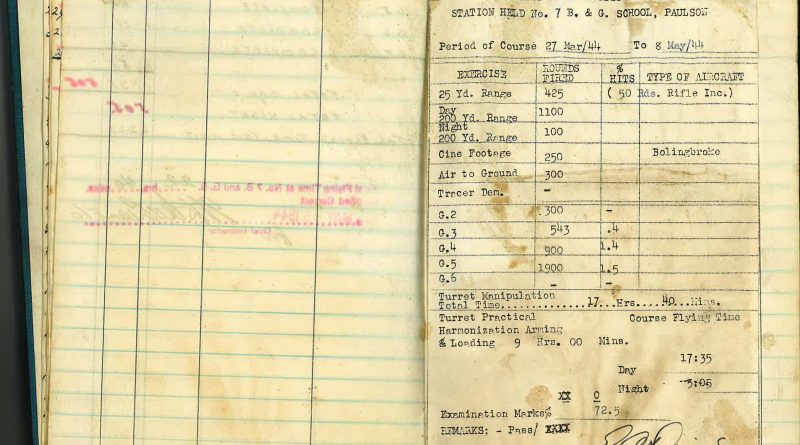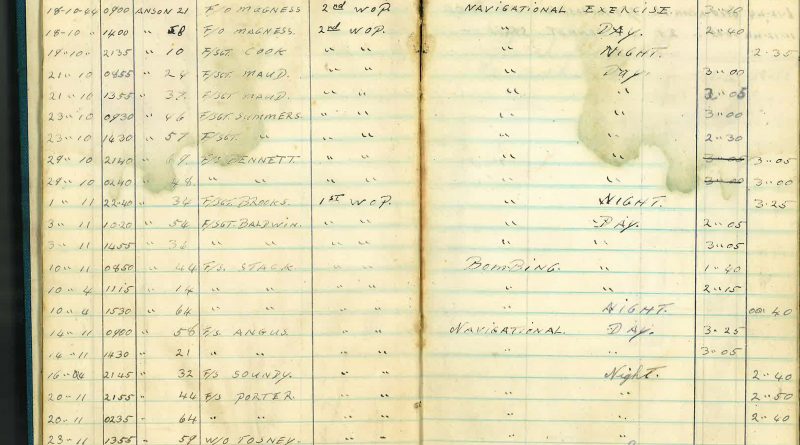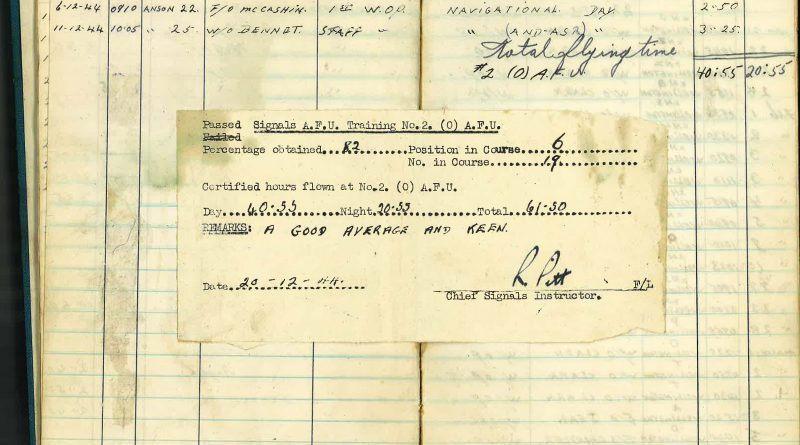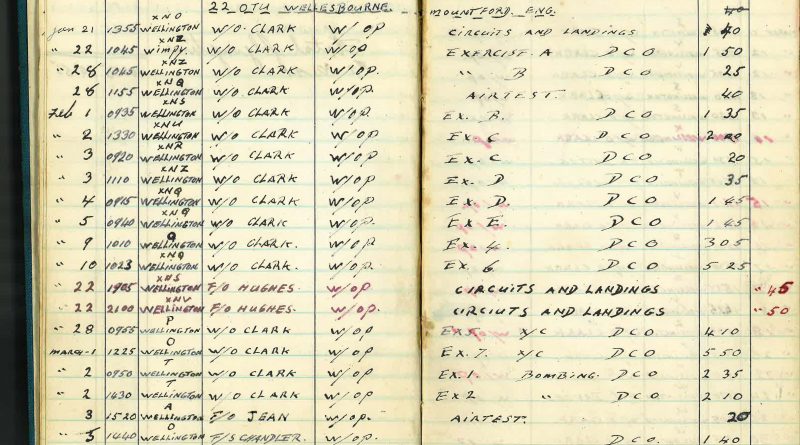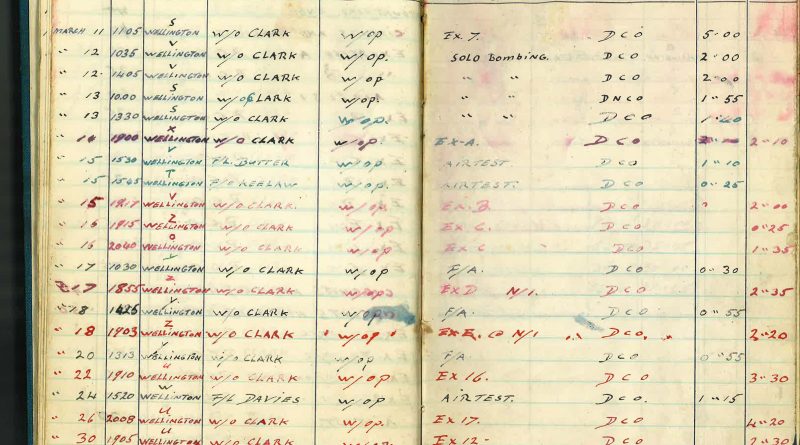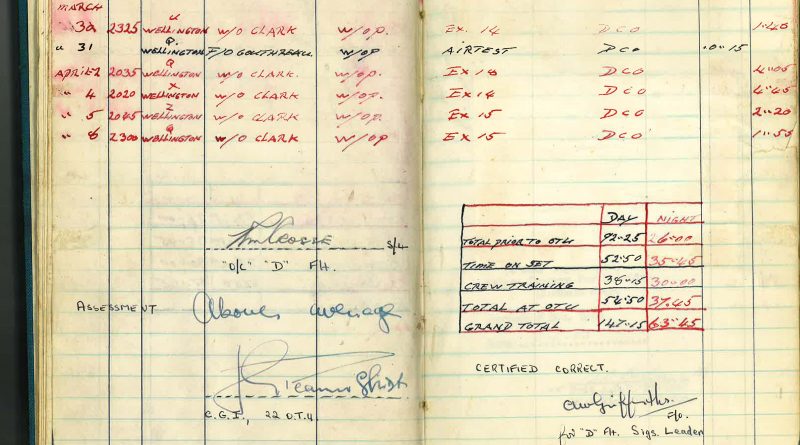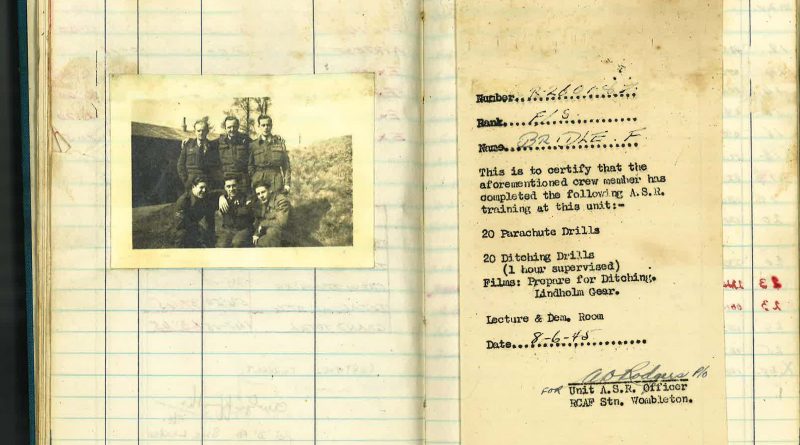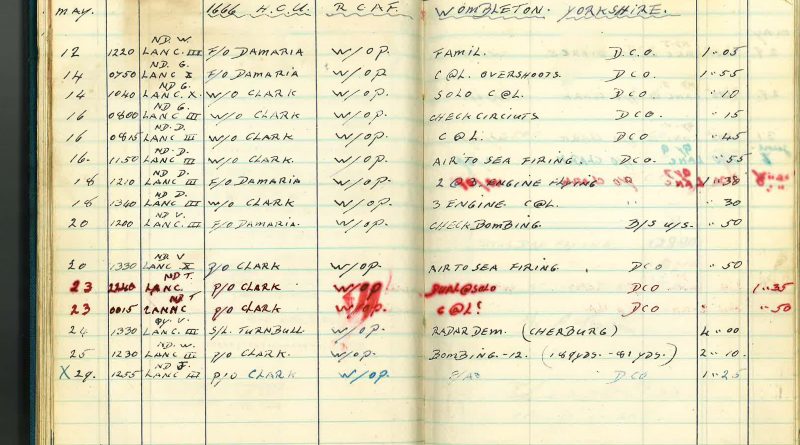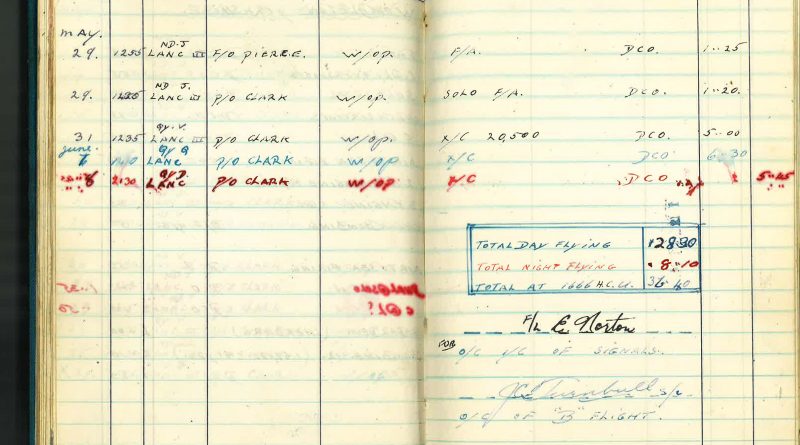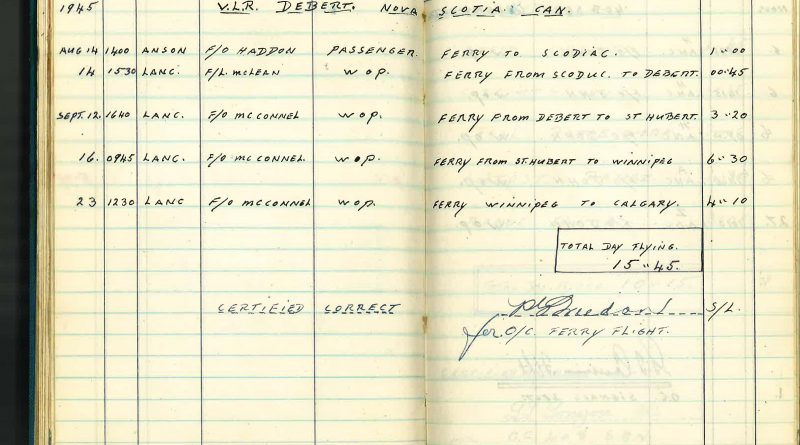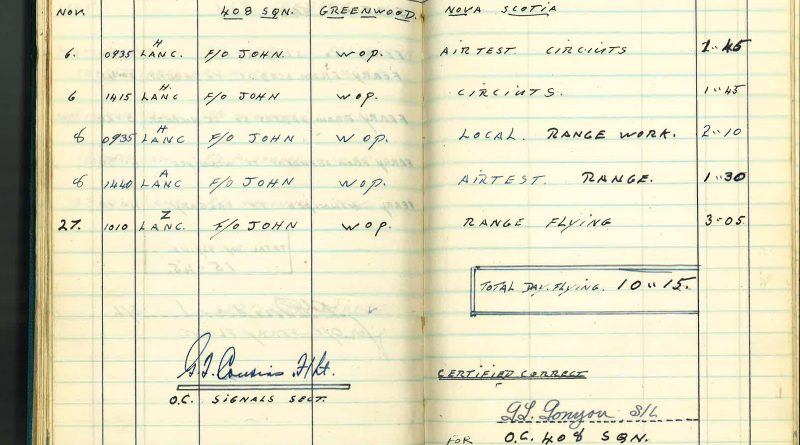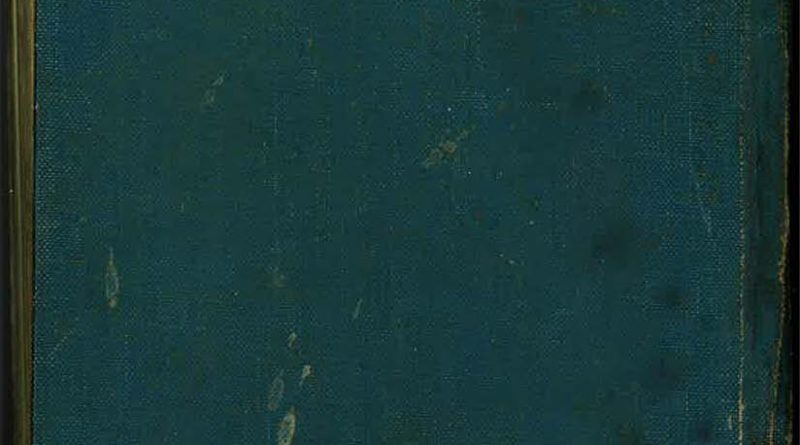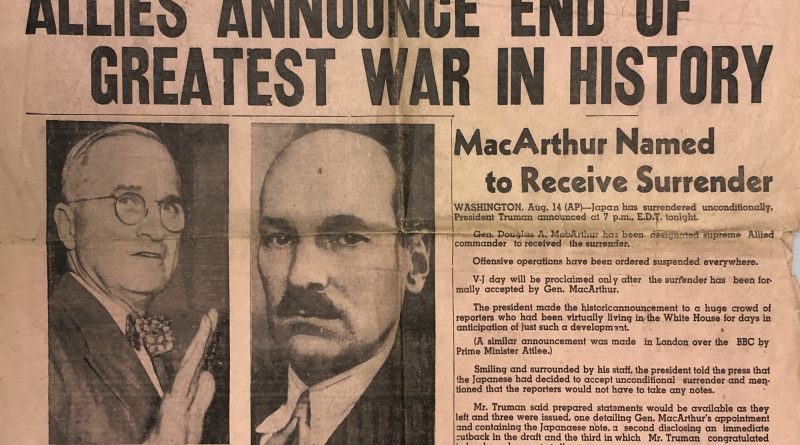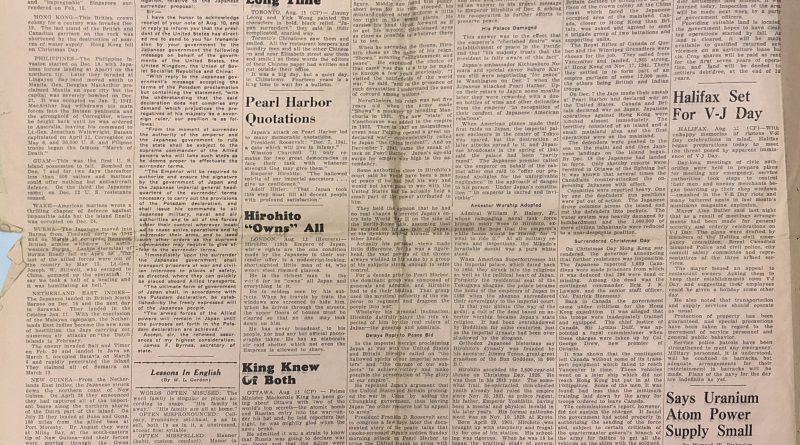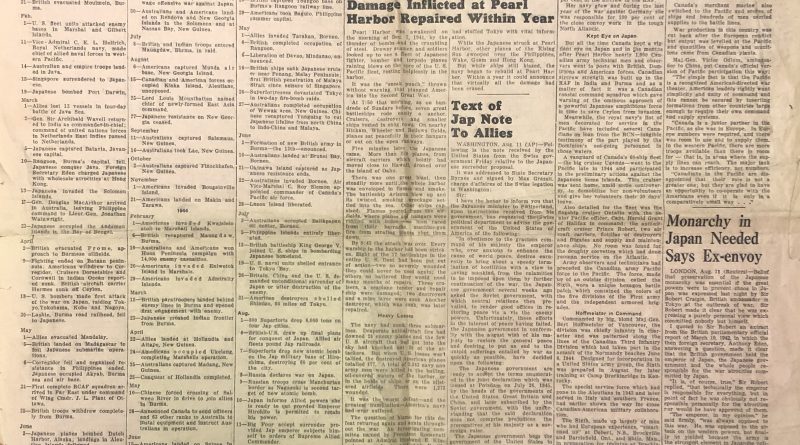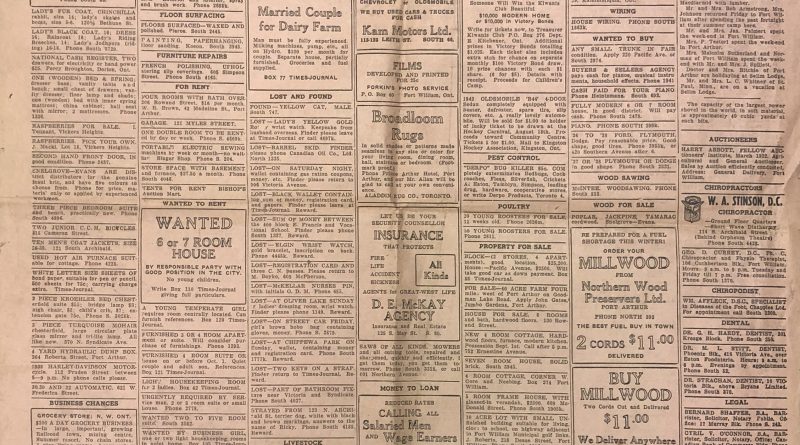
Following VE Day, all eyes turned to the Pacific, where the war still raged on against Japan. In order to give as much assistance to the forces already in the Pacific, the Allies prepared to create a new Very Long Range (VLR) bomber force, code-named: “Tiger Force”. Eight Squadrons, a combination of Royal Air Force (RAF) and Royal Canadian Air Force (RCAF) personnel, would make up this offensive; flying Avro Lancasters, Avro Lincolns, and Consolidated Liberators.
In total, 141 newly built, or relatively low-time, Lancaster Mk Xs were assigned to Tiger Force, including the Museum’s own Lancaster KB882. In June 1945 the Lancaster Mk Xs that were already in service in Europe were flown to Canada, in order to be modified, re-painted, and crewed for Tiger Force operations.
The surrender of Japan ended the requirement for additional Allied bomber crews in the Pacific. Tiger Force stood down, and was disbanded by October 1945. The aircraft that had been awaiting use in Tiger Force on the East Coast of Canada were ferried to Alberta for storage. Half of the Lancasters were sold or scrapped, while the other 70 were selected for new roles in the RCAF, and received post-war modifications for anti-submarine patrol, reconnaissance, or photographic mapping
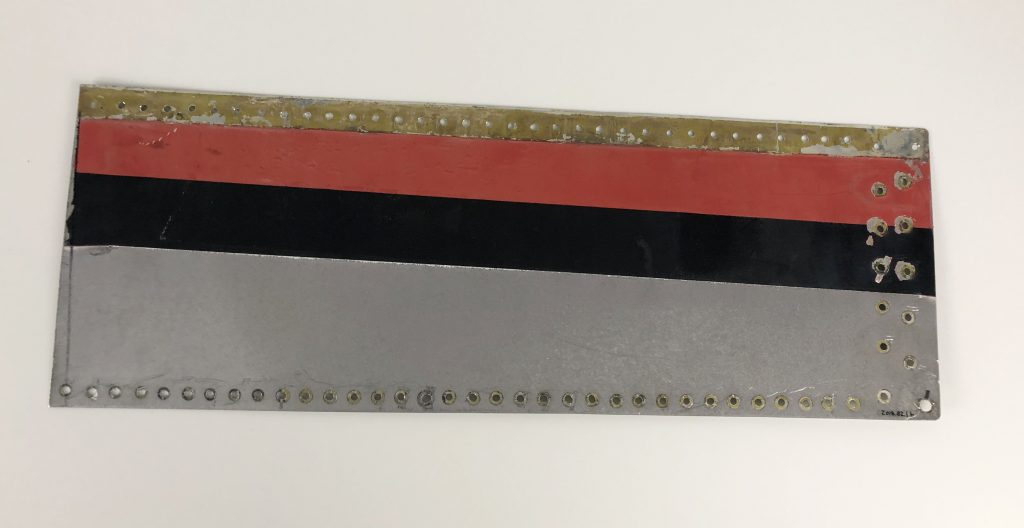
Lancaster KB882 was one of the Lancasters transported back to Canada in anticipation of Tiger Force. Flying Officer Ferguson was a member of the aircrew who flew KB882 in operations overseas and returned the aircraft to Canada to be used in Tiger Force. This panel was removed from the Lancaster during its restoration to preserve the hand engraved name.
2018.82.1b Gift of the City of Edmunston, NB
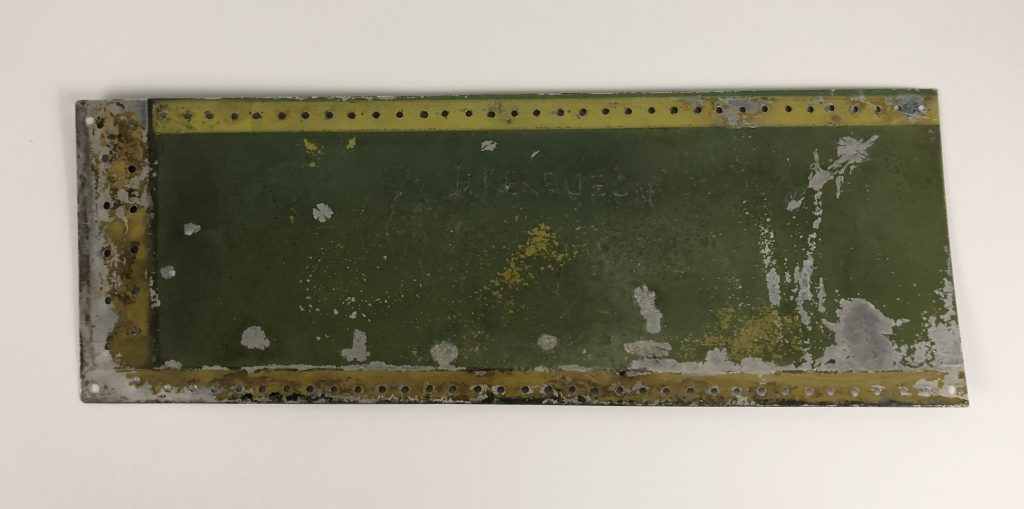
Back side with the name located in the upper middle section.
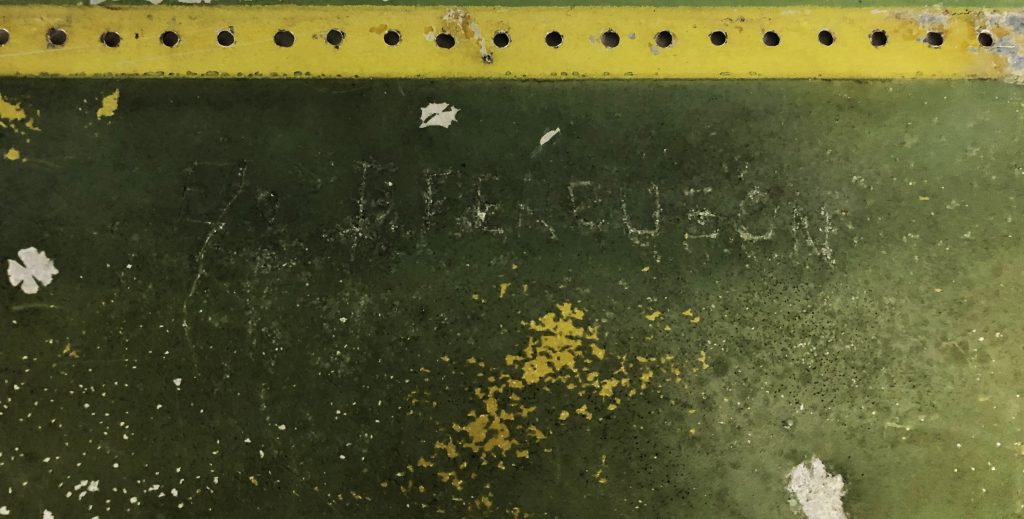
Close up of the name
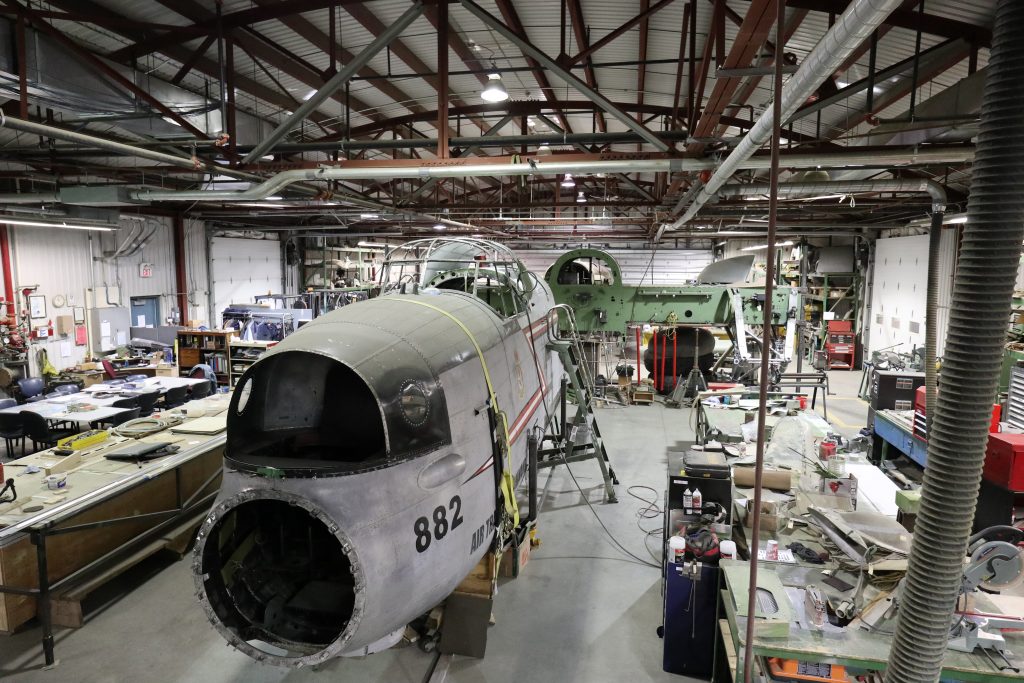
RCAF Flying Log Book, Sgt F. Bridle.
Sgt Bridle was one of the volunteers for the Very Long Range (VLR) Tiger Force,
and returned to Canada in June 1945 in order to participate. After VJ Day he helped to ferry the now unnecessary Lancasters to Alberta.
2010.51.2 – Gift of Mr. Ted Melburn
Daily Times Journal (Fort William, Ontario) August 14, 1945
The surrender of Japan meant the end of the newly formed, and not yet deployed, Tiger Force.
During the Second World War the term “Jap” was used to dehumanize the enemy. News outlets and propaganda posters used the term to refer to people from Japan and the Japanese Government. Today, “Jap” is regarded as a racist, ethnic slur, and is not an appropriate way to refer to people of Japanese heritage.
2001.449.1 – Gift of Mr. Robert George Ells
Learn more about the people who were supposed to be part of Tiger Force!
Gerald Cowhey
John Stratton

